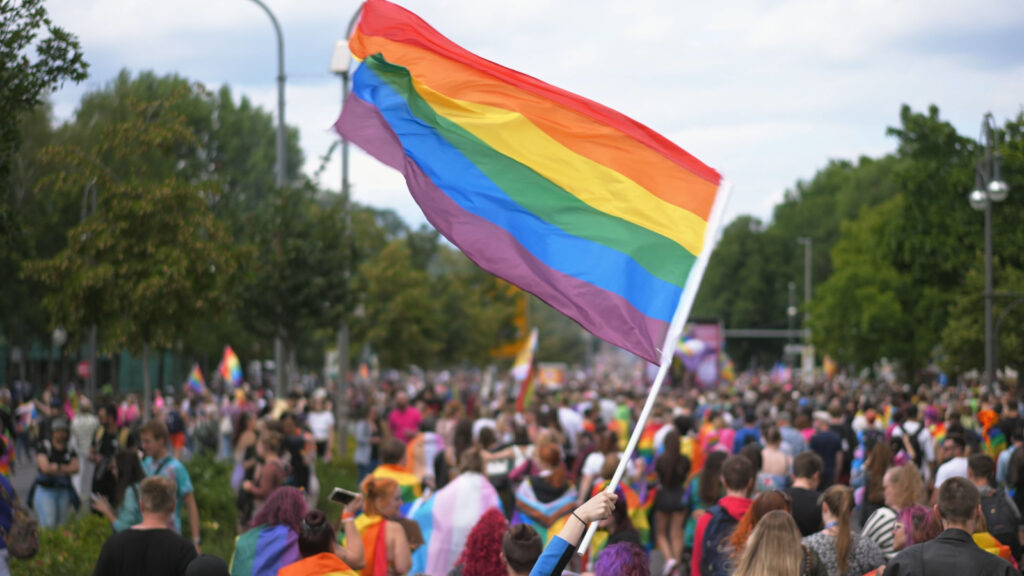Across different decades, several turning points pushed the country into global conversations in ways that even major powers could not ignore. These moments were shaped by diplomacy, science, social policy, security decisions, innovation, and leadership choices that signaled a readiness to influence international direction. Each instance reflected a clear decision or accomplishment that resonated beyond national borders and encouraged foreign governments to look closely at the country’s capabilities. Here are 22 Canadian moments that made world leaders take notice.
Legalization of Same-Sex Marriage
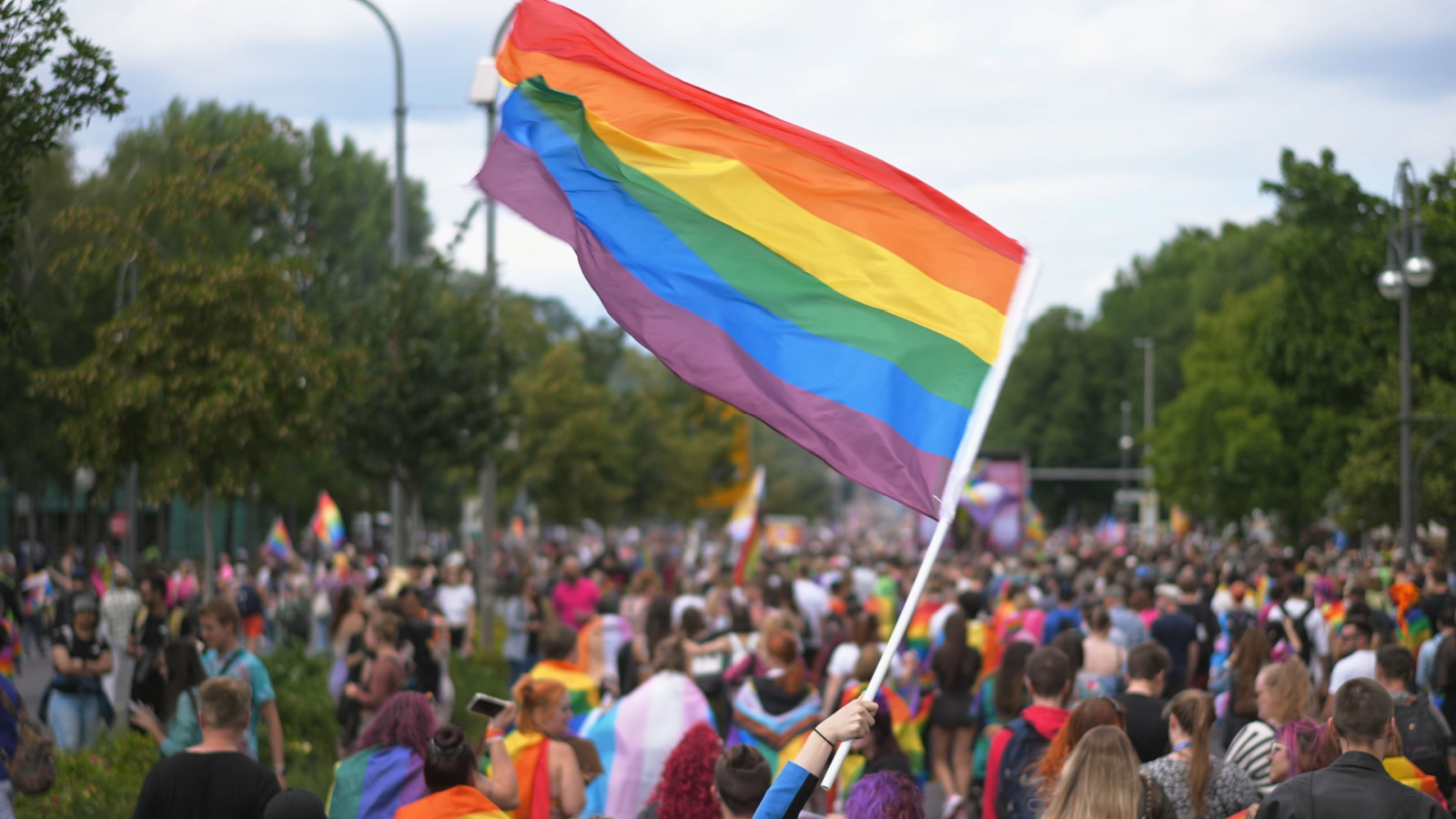
When the country became one of the first in the world to legalize same sex marriage nationwide in 2005, lawmakers across Europe, Asia, and the Americas watched closely. The legislation was debated internationally because it showed how a middle power could implement a major social reform with broad public support and minimal political instability. Other democratic governments referenced the process in their own parliaments as they prepared similar bills. The decision strengthened the country’s reputation for rights-based policymaking and demonstrated a model for inclusive legislation that influenced later legal changes in the United States, France, and New Zealand.
Leading the International Ban on Landmines

The signing of the Ottawa Treaty in 1997 pushed world leaders to reassess how diplomatic middle powers could drive humanitarian agreements. Over 120 countries participated after seeing how effective coordination, steady negotiation, and global advocacy produced an agreement without relying on large military alliances. The treaty’s success led to new conversations at the United Nations about civilian safety in post-conflict zones. Observers noted that the approach created a framework for later talks on cluster munitions and unexploded ordnance. The initiative highlighted how strategic diplomacy, rather than force, could guide international action and gain wide global participation.
Hosting Peace Talks That Ended the Vietnam War

During the late stages of the Vietnam War, the country hosted critical peace negotiations between the United States and North Vietnam. These talks gave global leaders a neutral venue that both sides trusted, which was rare during that period. Diplomats observed how the host government-maintained confidentiality, enforced fairness, and encouraged consistent communication. Although negotiations were tense and drawn out, the location helped lower political friction and kept discussions on track. The experience proved valuable for later peace facilitation efforts in regions such as Central America and Africa. The international community recognized the host’s capacity to support delicate negotiations.
The Discovery of Insulin

The medical breakthrough by Frederick Banting, Charles Best, and James Collip in 1921 changed international medical practices. Before the discovery, diabetes was considered fatal with no reliable treatment. Once insulin became available, global health agencies, hospitals, and pharmaceutical companies reorganized treatment protocols. Governments funded new research programs after seeing how collaboration and academic openness accelerated scientific outcomes. The Nobel Prize recognition further elevated global interest. Many countries studied the research process to strengthen medical innovation infrastructure. The discovery saved millions of lives and demonstrated how a well-supported scientific environment could produce breakthroughs with worldwide impact.
The 2015 Syrian Refugee Admission Program
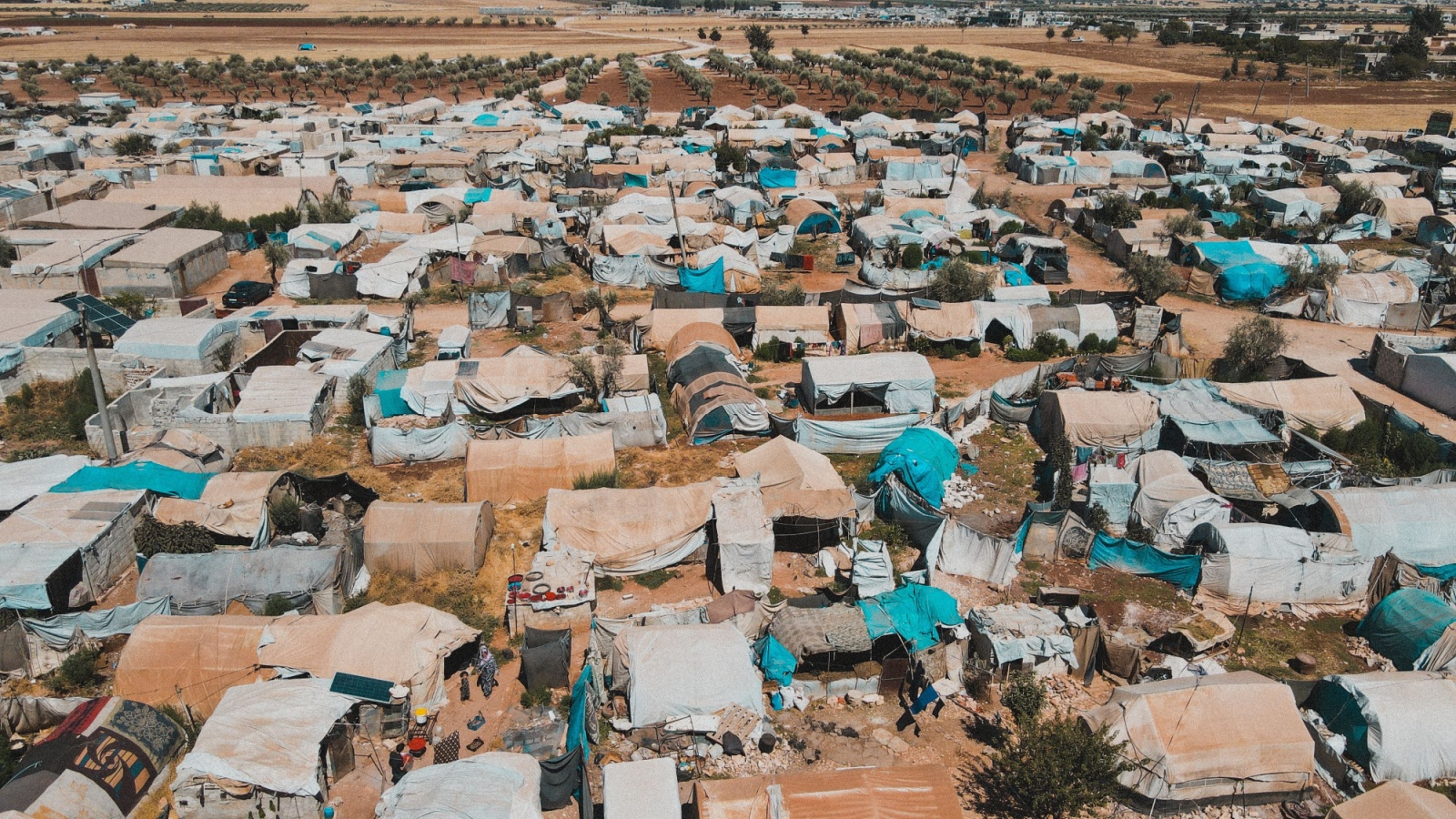
When the country announced a large-scale plan to resettle tens of thousands of Syrian refugees within months, world leaders took notice because the approach combined humanitarian priorities with strong logistical coordination. International agencies praised the rapid screening system, community sponsorship model, and transparent reporting. European governments studied the program as they faced their own intake challenges. Global forums highlighted the effectiveness of local community involvement, which contrasted with more centralized systems elsewhere. The resettlement effort was viewed as an example of balancing compassion with practical planning, influencing later refugee policies in Germany, Ireland, and New Zealand.
The Charter of Rights and Freedoms
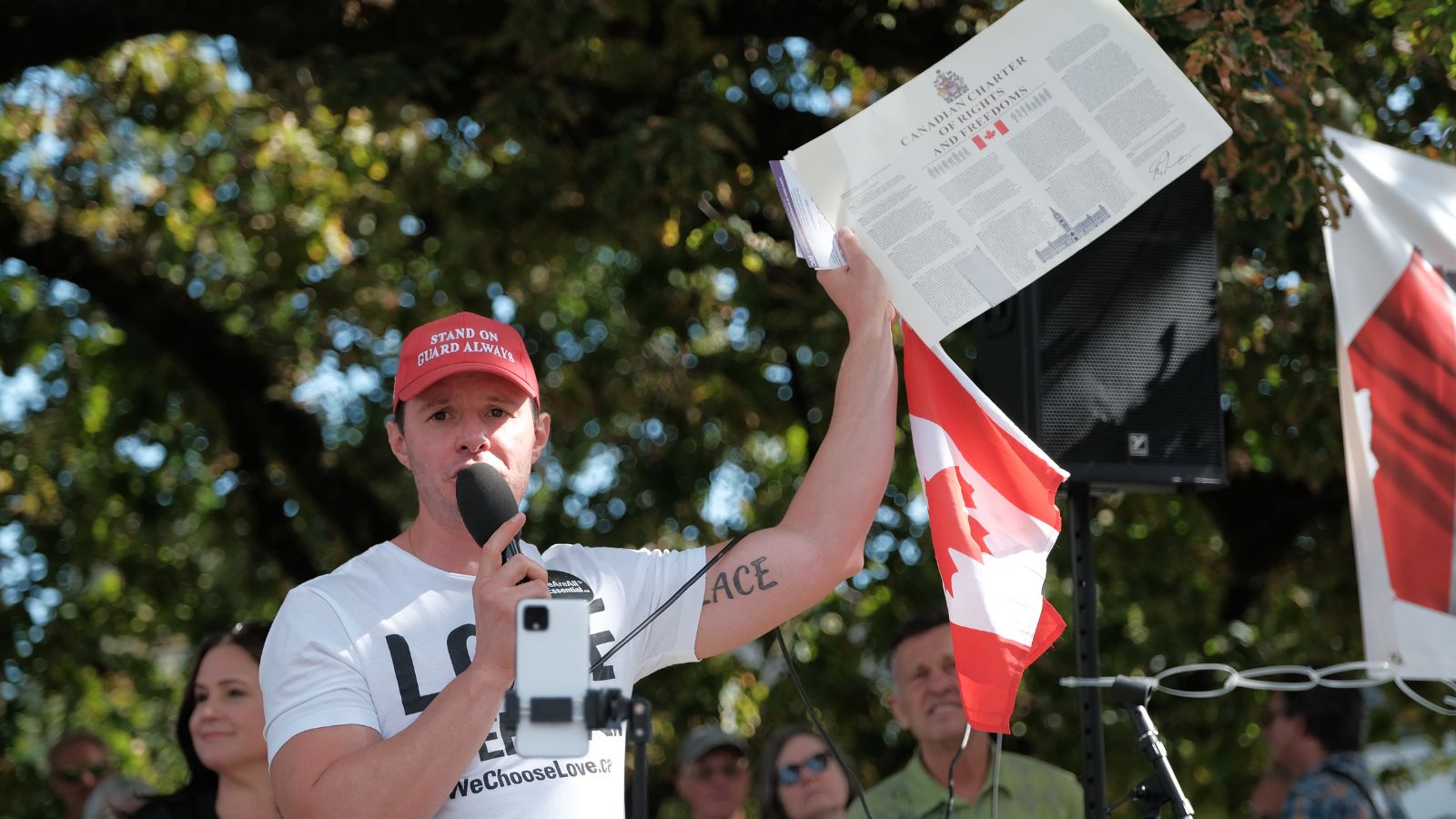
The introduction of the Charter in 1982 became a reference point for new and reforming democracies. Legal scholars and world leaders studied how entrenched constitutional protections could shape society while maintaining judicial independence. Courts in South Africa, Israel, and the United Kingdom cited its structure when developing rights-based frameworks. The Charter established clear standards for equality, mobility, legal protections, and expressive freedoms. Its application across provinces demonstrated how a diverse federation could apply uniform rights while allowing regional policy flexibility. The document influenced constitutional reforms and strengthened the country’s international standing in law and governance.
The Quiet Revolution’s Influence on Global Education Policy

The Quiet Revolution in Quebec reshaped the province’s education, healthcare, and social structures in the 1960s. Global policymakers observed how a region modernized rapidly through secularization, expanded public education, and investment in skilled labour. Governments in Ireland, Finland, and South Korea studied the transformation as they prepared their own education reforms. The shift demonstrated how targeted public spending and curriculum modernization could accelerate economic development. The process also strengthened linguistic and cultural protection policies that later guided international debates on minority rights. The Quiet Revolution became a case study in how regional modernization can create long-term national advantages.
Withdrawal from the Iraq War Coalition

When the government declined to join the 2003 Iraq War coalition, world leaders closely assessed the decision because it signaled an independent foreign policy stance separate from major allies. Observers noted the emphasis on multilateral authorization and evidence-based assessments. The decision influenced several European nations that were debating their own positions at the time. Although it created diplomatic friction, it demonstrated an ability to prioritize international law over alliance pressure. Later analysis recognized the caution as justified when post-invasion instability emerged. The moment reinforced the country’s reputation for measured decision-making on global security issues.
The Success of the 1976 Montreal Olympics Security Model

After the tragic events at the Munich Olympics in 1972, global attention focused on how Montreal would handle security for the 1976 Games. The implementation of layered protection zones, coordinated intelligence sharing, and strong crowd management gained international recognition. Security agencies from Europe and Asia adopted updated protocols based on the model. The event demonstrated the effectiveness of early integration between federal, provincial, and municipal authorities. Although financial overruns overshadowed parts of the Games, the security success remained influential. It shaped later Olympic planning processes in Seoul, Sydney, and London, which referenced detailed lessons from the Montreal experience.
Role in Creating the G20 After the Asian Financial Crisis
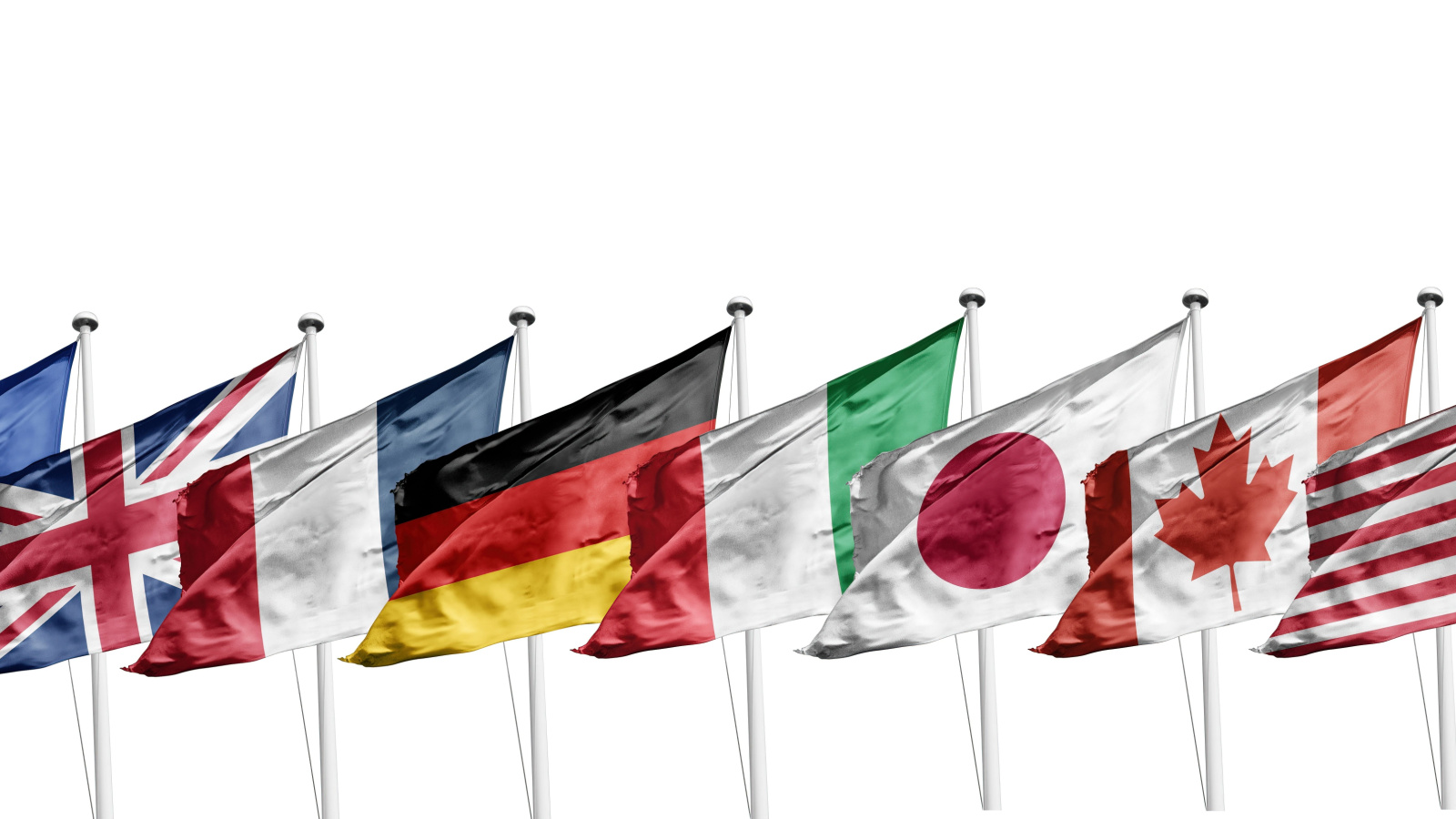
Following the 1997 Asian Financial Crisis, the country helped push for a forum that included both advanced and emerging economies. This advocacy played a central role in the creation of the G20 finance ministers’ meeting. World leaders recognized the value of expanding global economic dialogue beyond the G7. The structure allowed more coordinated responses to future market volatility. The approach showcased how inclusive economic governance could stabilize international systems. Later, during the 2008 financial crisis, the G20 became the main platform for coordinated action, validating earlier efforts to broaden participation. The initiative strengthened global respect for pragmatic economic leadership.
Leadership in the Montreal Protocol on Ozone Protection

The Montreal Protocol of 1987 became one of the most successful environmental agreements in history, and the country’s diplomatic efforts helped maintain momentum during negotiations. World leaders appreciated the detailed scientific briefings, policy assessments, and willingness to support developing nations in transitioning away from harmful chemicals. The agreement’s structure became a model for future climate and environmental treaties. The rapid reduction in ozone-depleting substances strengthened confidence in international cooperation. Later studies by the United Nations and national academies highlighted the protocol as evidence that coordinated global action could reverse environmental damage. This achievement built significant international credibility.
The Handling of the 2008 Banking Crisis

During the global financial crisis, the country’s banking system became a reference point for stability. International observers noted the absence of major bank failures and the resilience created by conservative lending standards and strong regulatory oversight. Reports from the World Economic Forum and the IMF highlighted the country as an example for risk management. Governments in Europe, Asia, and South America reviewed local regulations after seeing how effective pre-crisis safeguards could be. The moment strengthened global confidence in the national financial sector and encouraged foreign investment, while other markets faced severe instability.
Peacekeeping Leadership in Cyprus
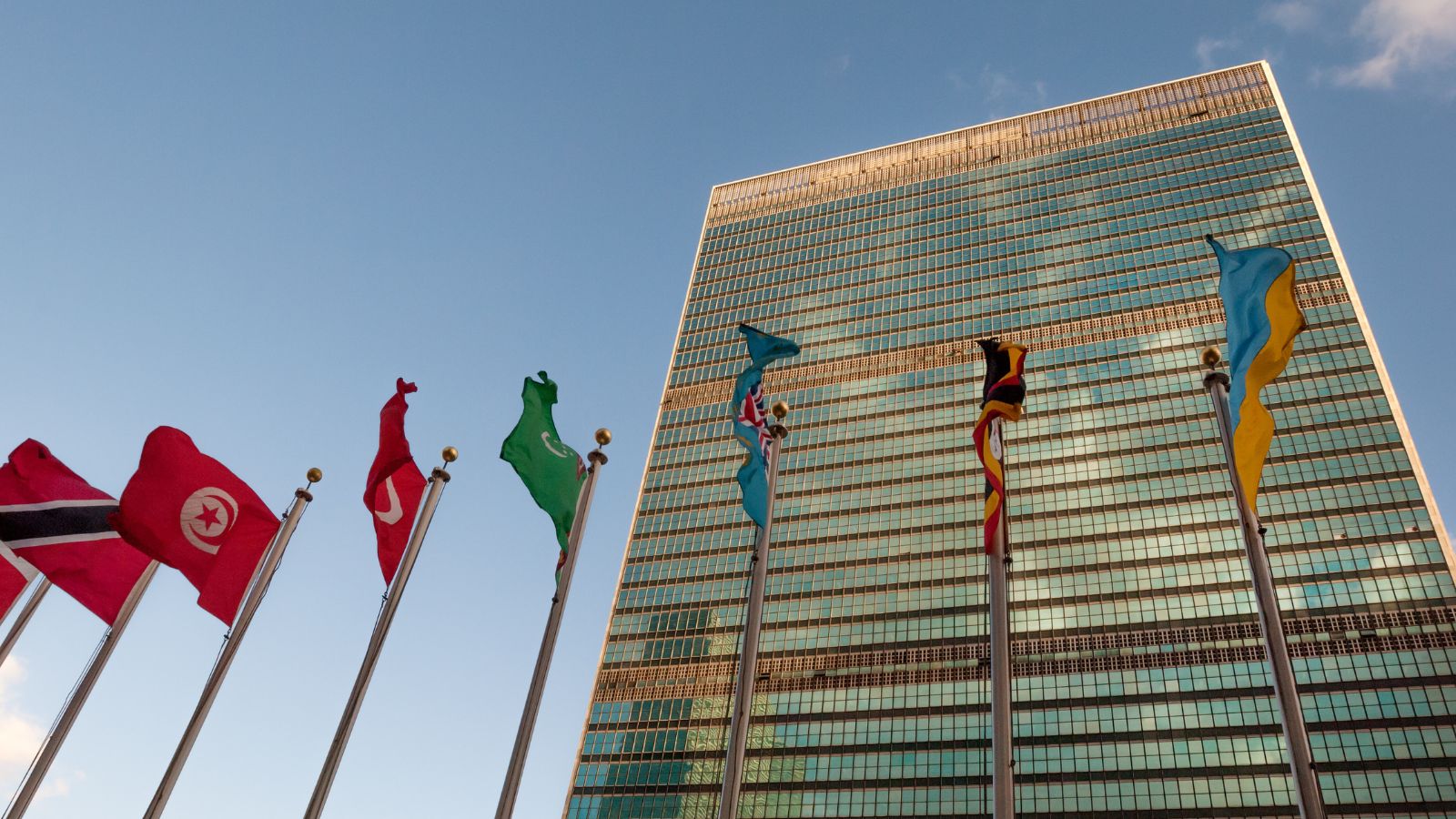
The long-standing involvement in Cyprus peacekeeping operations has earned recognition from global policymakers. Troops maintained stability along the buffer zone and built positive relationships with both communities on the island. The sustained commitment demonstrated reliability, professionalism, and neutrality. Other nations used the mission as a training reference for conflict monitoring and civilian interaction. Diplomatic experts assessed the effort as critical in preventing renewed conflict. The mission’s continuity displayed an ability to maintain long-term peace support operations, which influenced later roles in regions such as the Balkans and Haiti. The example contributed significantly to peacekeeping doctrine internationally.
Breakthroughs in Artificial Intelligence Research

The country’s universities produced influential advances in machine learning, particularly through researchers like Geoffrey Hinton, Yoshua Bengio, and Richard Sutton. Their foundational work in neural networks and reinforcement learning shaped global AI development. Governments and technology companies worldwide observed how public research funding, academic independence, and strategic innovation incentives produced world-leading expertise. International firms invested heavily in local labs after recognizing the depth of talent. Conferences and policy discussions highlighted the country’s role in accelerating AI progress. These breakthroughs influenced national strategies in the United States, the United Kingdom, France, and South Korea, seeking to expand AI capacity.
The Success of the CANDU Nuclear Reactor

The development and export of the CANDU nuclear reactor attracted global interest because it used natural uranium instead of enriched fuel. This design reduced dependence on external enrichment services and offered countries a safer and more flexible option. Governments in Romania, South Korea, India, and Argentina adopted the technology after assessing its performance and reliability. The reactor’s strong safety record and efficient output impressed international regulators. The program showcased how consistent engineering innovation, public investment, and scientific collaboration could produce globally competitive energy technology. It increased international respect for the country’s capacity to deliver complex, large-scale infrastructure.
The 2010 Vancouver Olympics Sustainability Model

The Vancouver Winter Olympics introduced a sustainability framework that became a reference point for future host cities. Planners prioritized low-emission buildings, legacy housing, public transit improvements, and transparent environmental reporting. International Olympic committees and urban planners observed how the approach integrated long-term community benefits rather than short-term event requirements. The model influenced later Games in PyeongChang and Tokyo, which adopted similar standards for venue design and environmental assessments. The event demonstrated how global sporting events could support urban development goals. The sustainability strategy earned recognition from international organizations studying climate-conscious infrastructure planning.
The Decision to Welcome Vietnamese Boat People in the 1970s
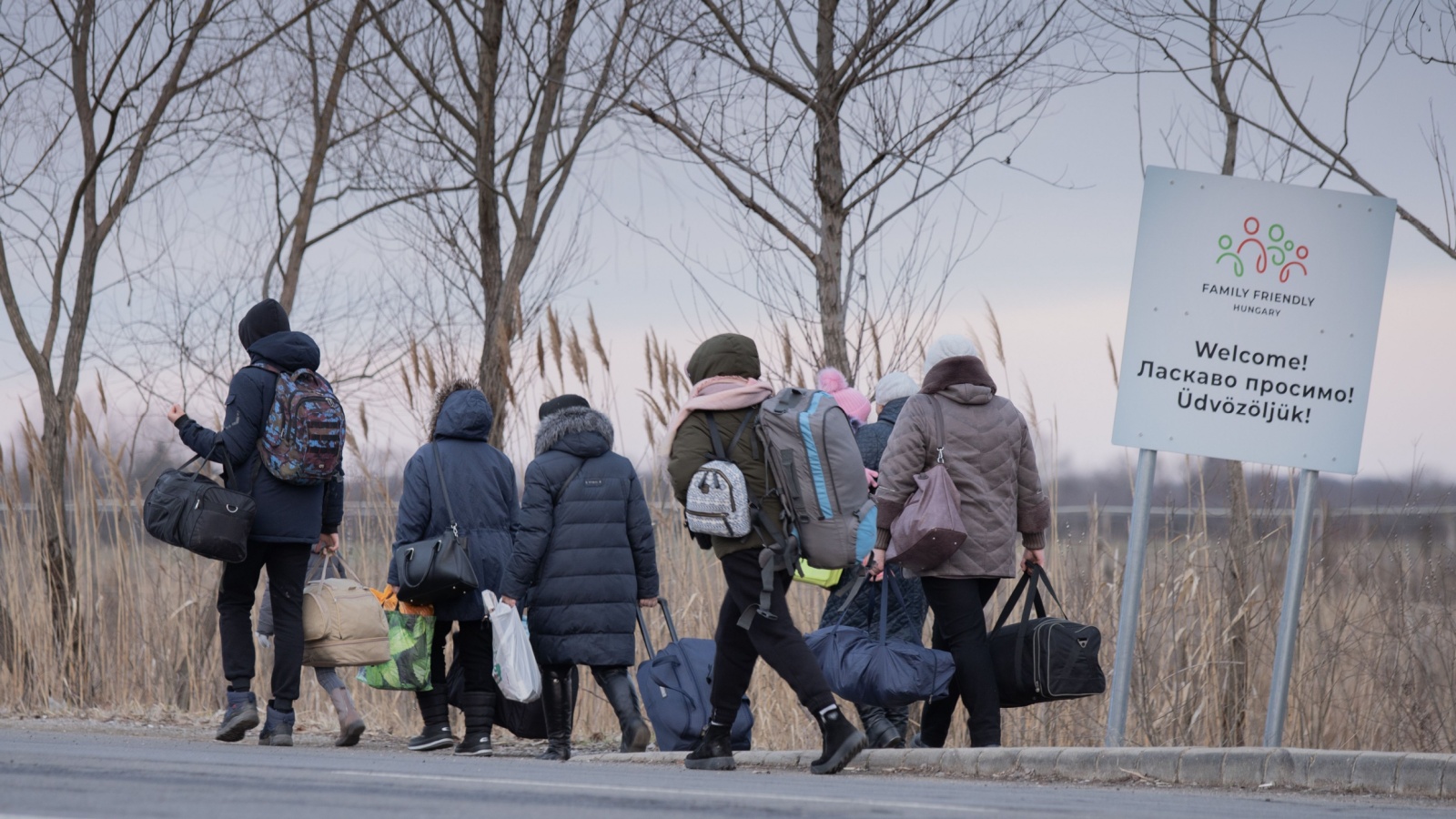
The resettlement of Vietnamese refugees during the late 1970s became a defining humanitarian moment. Global leaders watched how thousands were integrated through community sponsorship programs, language support, and employment assistance. The initiative contrasted with slower intake processes in other developed countries. International agencies examined the coordination between federal departments and private citizens, noting how community sponsorship created long-term stability. The program influenced later refugee policies in the United Kingdom and Europe. It demonstrated how collaboration between government and civil society could achieve large-scale resettlement without major social tension, gaining international respect.
Breakthrough Mapping of the Arctic Seabed

Expeditions conducted to map the Arctic seabed provided detailed geological and territorial information that caught the attention of governments involved in northern claims. The data strengthened scientific understanding of continental shelf boundaries and contributed to international discussions under the United Nations Convention on the Law of the Sea. World leaders tracked these efforts as they shaped future resource, security, and environmental decisions. The highly technical mapping missions highlighted strong capabilities in oceanography, remote sensing, and polar research. The project also supported broader international cooperation in the Arctic, which required accurate scientific evidence for negotiations.
International Leadership on HIV and Global Health

During the early years of the global HIV crisis, national researchers, clinicians, and policymakers contributed influential work on treatment strategies, public health communication, and access to medication. Global health organizations referenced domestic harm reduction approaches that combined education, testing access, and targeted outreach. The model influenced strategies in Australia, the United Kingdom, and parts of Europe. The country’s role in establishing the Global Fund to Fight AIDS, Tuberculosis, and Malaria reinforced its global health leadership. World leaders acknowledged the importance of a balanced response that supported scientific research and accessible health services during a period of uncertainty.
The Toronto International Film Festival’s Rise to Global Status
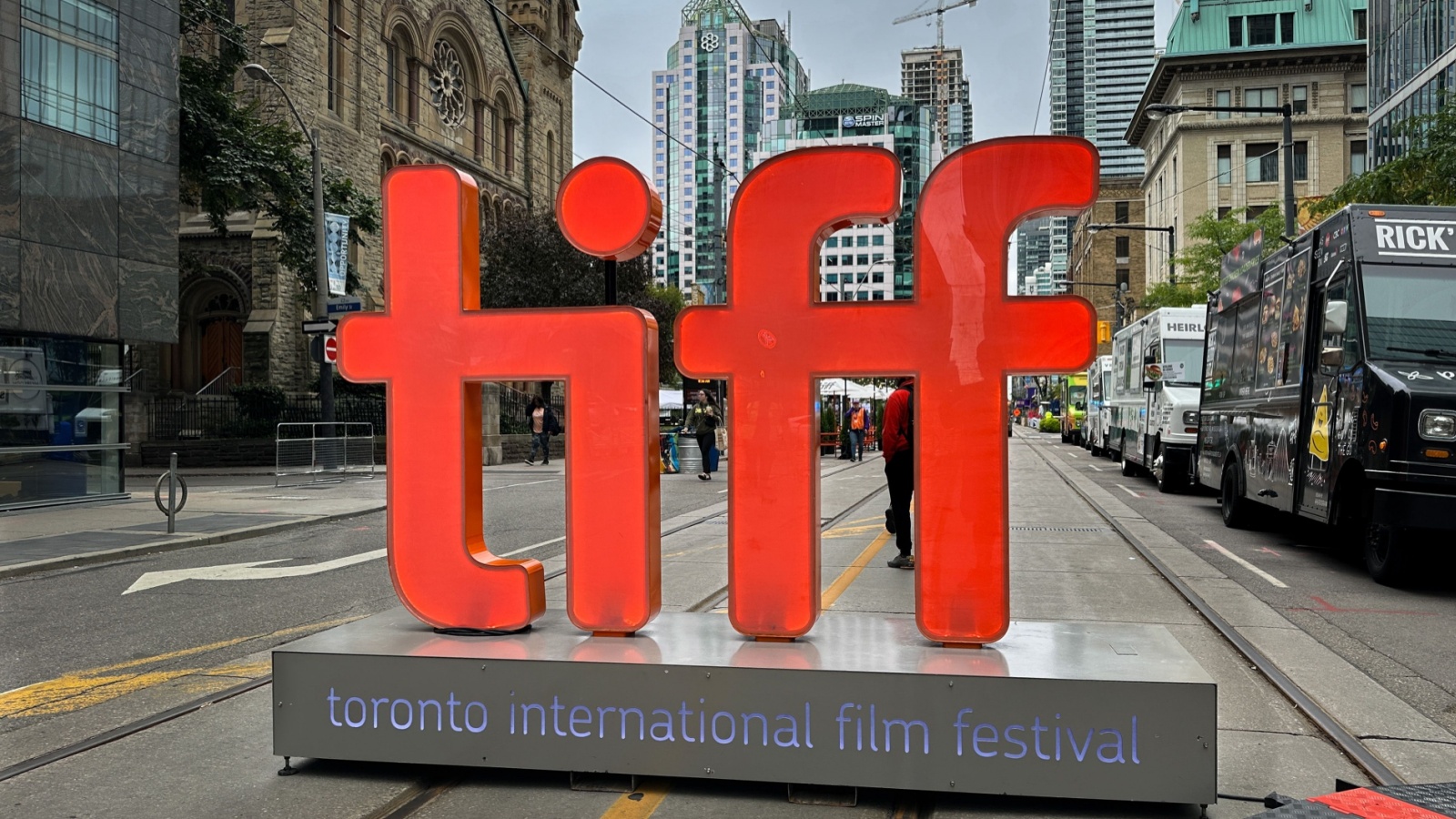
The growth of the Toronto International Film Festival transformed global perceptions of the country’s cultural influence. Directors, producers, and industry leaders observed how the festival shaped award season momentum and introduced emerging talent to international markets. Its programming choices, industry events, and audience engagement strategies became benchmarks for other festivals. The event attracted major studios, distributors, and global filmmakers, solidifying its role in shaping cinematic trends. The rise of TIFF demonstrated how consistent cultural investment and strategic leadership could create a globally significant platform in the arts, earning attention from policymakers looking to expand cultural diplomacy.
Breakthroughs in Quantum Computing Research

Research groups across the country made important advances in quantum computing, including work on quantum annealing, photonic systems, and error correction. World leaders and technology companies took notice as these breakthroughs positioned the country at the forefront of emerging computational technologies. International investors and research institutions formed partnerships to access local expertise. The momentum influenced national innovation strategies in Europe and Asia. Conferences and policy forums highlighted the work as part of a broader shift toward next-generation computing. The achievements strengthened the country’s role in shaping the future of high-performance computing capabilities.
The Global Response to the Toronto SARS Containment Effort

During the 2003 SARS outbreak, the public health response in Toronto received significant attention from global health authorities. Rapid contact tracing, hospital isolation policies, and transparent case reporting helped contain the spread. Observers from the World Health Organization studied the response to improve international protocols. Governments in Asia and Europe reviewed their own preparedness after analyzing the containment strategy. The event pushed global recognition of the importance of coordinated public health systems, cross-jurisdiction cooperation, and clear communication. The experience influenced later pandemic preparedness discussions and created stronger international respect for domestic health institutions.
21 Products Canadians Should Stockpile Before Tariffs Hit

If trade tensions escalate between Canada and the U.S., everyday essentials can suddenly disappear or skyrocket in price. Products like pantry basics and tech must-haves that depend on are deeply tied to cross-border supply chains and are likely to face various kinds of disruptions
21 Products Canadians Should Stockpile Before Tariffs Hit
